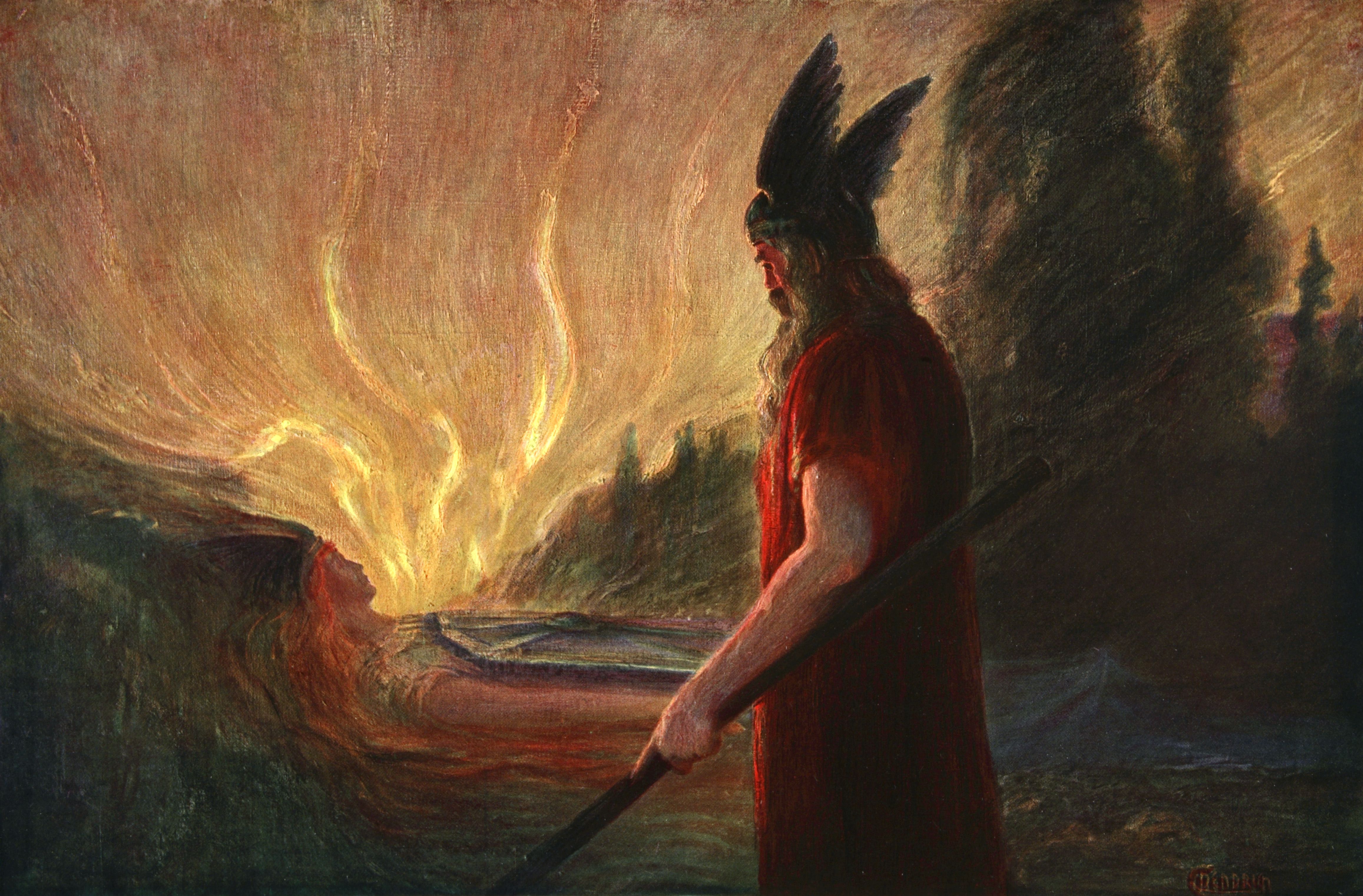di Marco Maculotti
In ancient traditions around the world we find reference to a god of origins, who came into existence before all else, creator of all that is manifest and equally of all that is unmanifest. The most disparate mythical traditions depict the primordial god as containing all the potentials and polarities of the universe, light and darkness, spirit and matter, and so on. For this reason, he is often represented with two faces (two-faced Janus) or even with three (Trimurti Hindu). However, more often than not he is considered invisible, hidden, difficult to represent except in an allegorical, esoteric form, which often refers to the union of the luminous and fiery principle, 'masculine', with the dark and aqueous, 'feminine' . In the traditions of the whole world, this primordial god is not honored with a cult of his own, since it is believed that he now lives too far from man and human affairs do not concern him: for this reason, this maximum deity is often spoken of as of a deus otiosus.


